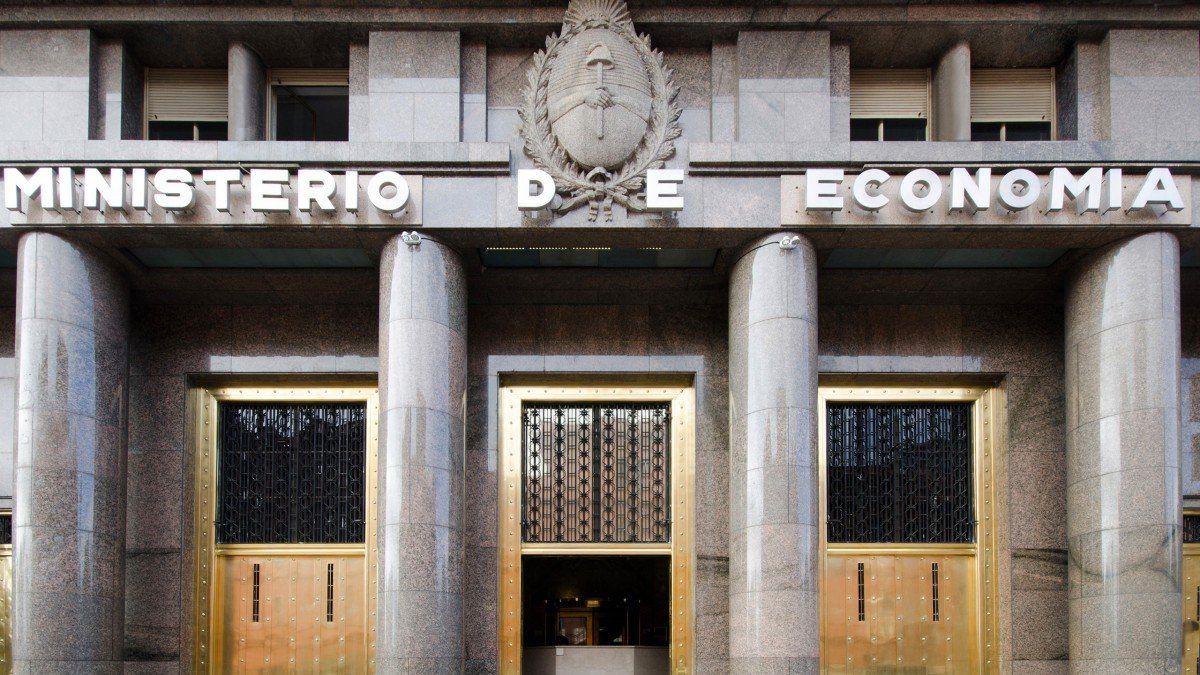Expenditures accelerated last month as a result, among other factors, of higher expenditures that demanded the energy area and the attention of the most vulnerable sectors.
It is estimated that the Treasury deficit in April was around 200,000 million pesos. This imbalance leads analysts to anticipate that the Government will not meet the goal agreed with the Fund for the second quarter of the yearwhich should not exceed – throughout the period – 344,000 million.
At a time when demands for greater spending by the State are increasing to compensate for the drop in income – derived from the acceleration of inflation – among economic analysts, concern about public accounts tends to grow.
One of the last to alert him was Emanuel Alvarez Agis; In a report released this weekend, the head of the consulting firm pxq warns that if the Executive Power were to give rise to the last “distributive claims” the 2022 fiscal deficit would be 6%, more than double the 2.5% committed to the International Monetary Fund.
Conflict
There is a “explicit division” between “albertismo” and “kirchnerismo”, as Álvarez Agis analyzes when pointing out that the former have to administer the monetary and fiscal policy agreed with the IMF, while the latter push for a recovery of formal and informal income.
It’s up to Albertism – he explains- “increase gas and electricity rates, unfreeze fuel prices and prepaid and maintain an exchange policy that prevents real appreciation.”
On the other hand, on the Kirchner side, the strategy consists of trying to moderate the rate increases, publicly demonstrating against the exchange rate and monetary policy, and intervening directly and indirectly in the dynamics of parity and informal income, with claims prosecutors of all kinds and color.”
And, he mentions that the deputy Maximo Kirchner get, advance the quotas of the minimum, vital and mobile salary. And from the Frente De Todos itself, two new bills appeared aimed at creating a universal basic salary, which would cover 9 million people, and a pension inclusion regime.
In terms of gross domestic product, the fiscal impact of this distributive conflict is, as Agis explains:
- +1% for not increasing rates in line with the new international scenario.
- +1% if infrastructure spending is not under executed to maintain the fiscal stimulus.
- +1% for universal income.
- +0.5% for pension inclusion.
In this way, it is concluded that distributive claims add up to 3.5% of GDP. Namely, If the Executive Power decided to “leave everyone happy”, the 2022 fiscal deficit would be 6%, almost the same level as the year of the pandemic.
Issues
The work asks, at what level would international reserves and inflation remain if such a scenario were to take place? And he asserts that “leaving everyone happy could, paradoxically, leave everyone on the street” since “the distributive requests are, clearly, inconsistent”.
After pointing out that inflation is always and everywhere a distributive phenomenon -it is currently hyper-stimulated-, Álvarez Agis considers that “in the current scenario, it is unthinkable that the government could go for a consistent disinflation programsince lacks the political power to design, implement and monitor it”.
Refute those who think that the fiscal deficit is reduced thanks to the “inflationary tax” since in the current scenario of indexation and distributive conflict, the “inflation tax” is offset by the “inflation expense.”
This is because 60% of public spending is formally indexed to salaries and part of the collection; and the rest of the spending is politically indexed to inflation, since every time prices rise, social and sectoral claims multiply so that the pace of public spending adjusts to the new nominal scenario.
and concludes that “At current rates of inflation, the stability needed to get through the second half of the mandate is not guaranteed. It is impossible to think of stabilizing the economy without first stabilizing politics.”
Source: Ambito
David William is a talented author who has made a name for himself in the world of writing. He is a professional author who writes on a wide range of topics, from general interest to opinion news. David is currently working as a writer at 24 hours worlds where he brings his unique perspective and in-depth research to his articles, making them both informative and engaging.




